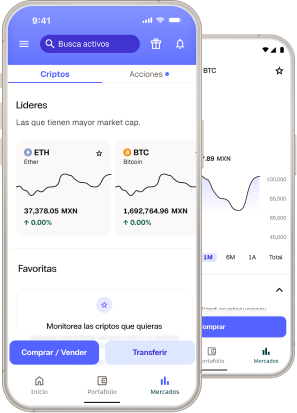Tips to assist in keeping your API Keys secure
What is an API?
API stands for “Application Programming Interface”. In essence, it is a software that allows for communication between applications on behalf of the user. When it comes to allowing these interactions to occur, sometimes an “API Key” is required. An API key can be thought of as an unique identifier that acts as an authentication mechanism when it comes to using an API.
Importance of Keeping API Keys Secure
API Keys should be treated similarly to the way we treat our passwords. Imagine that having the API Key is the same as having your username and password. A hacker/fraudster could do a lot of damage if they were to get their hands on it. In order to reduce this risk, we have outlined some recommendations when it comes to keeping your API Keys safe.
General Safety Guidelines for API Keys
Do not store your API Keys in public spaces.
As stated earlier, giving out your API Key could be extremely detrimental to your privacy or even your wallet. That being said it is best to avoid storing API Keys anywhere let alone public, non-private spaces.
When generating an API Key, only give it permissions that are required
Not everything that you will generate an API Key for requires full permissions. If you ever have doubts about which permissions are required, be sure to read the official product documentation of the software you will be using.
Regularly monitor your API keys to ensure you recognize them.
If you come across an API Key that you are unfamiliar with, remove it. You can always create a new API Key later on, and it is generally considered best practice to ensure you understand each API Key’s purpose.
Consider regenerating your API keys periodically.
While it is not a requirement, it is considered best practice to regenerate your API Keys like you would change your password. Since API keys rarely expire, a hacker/fraudster can use the key indefinitely, unless the key’s owner regenerates or deactivates the key.

